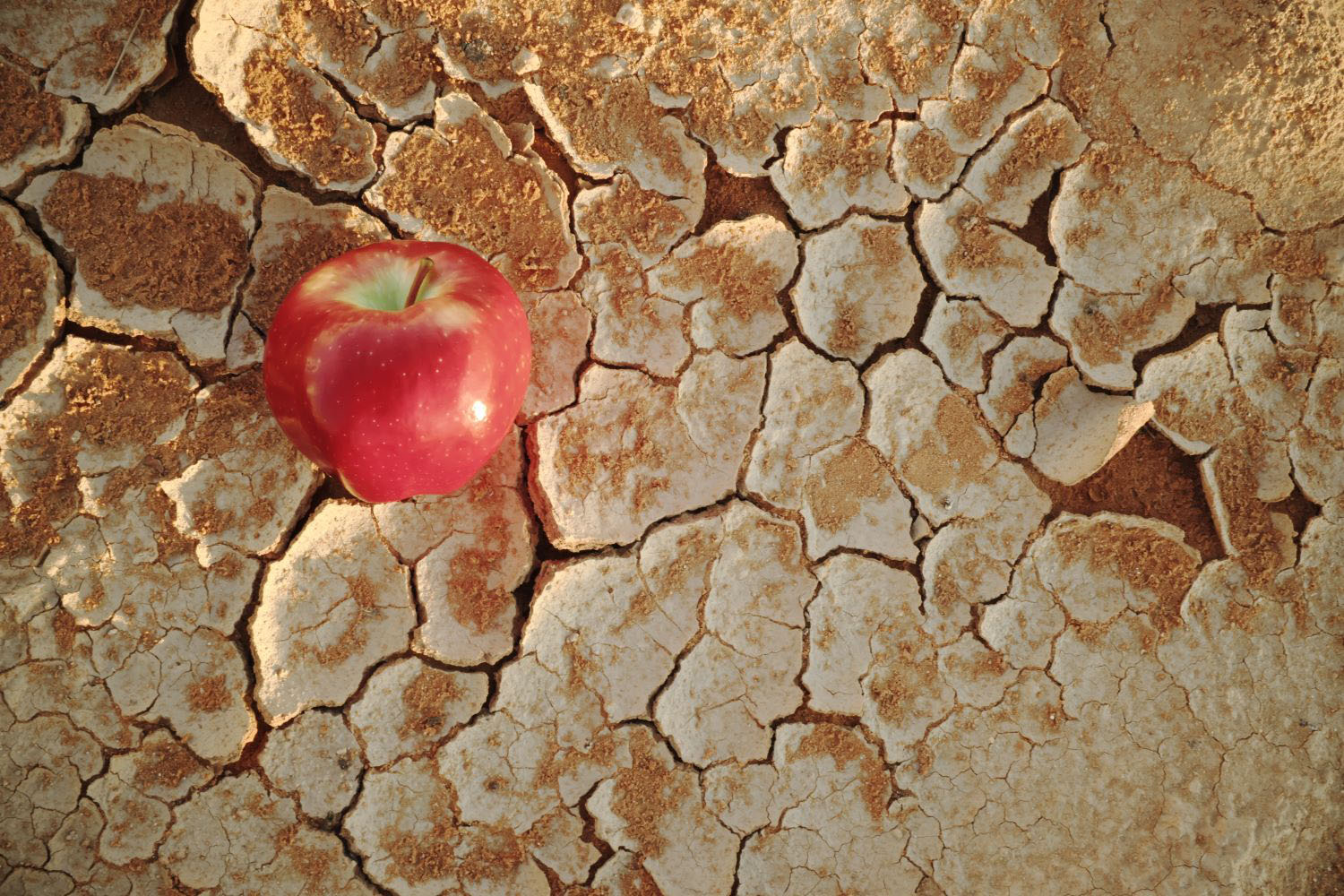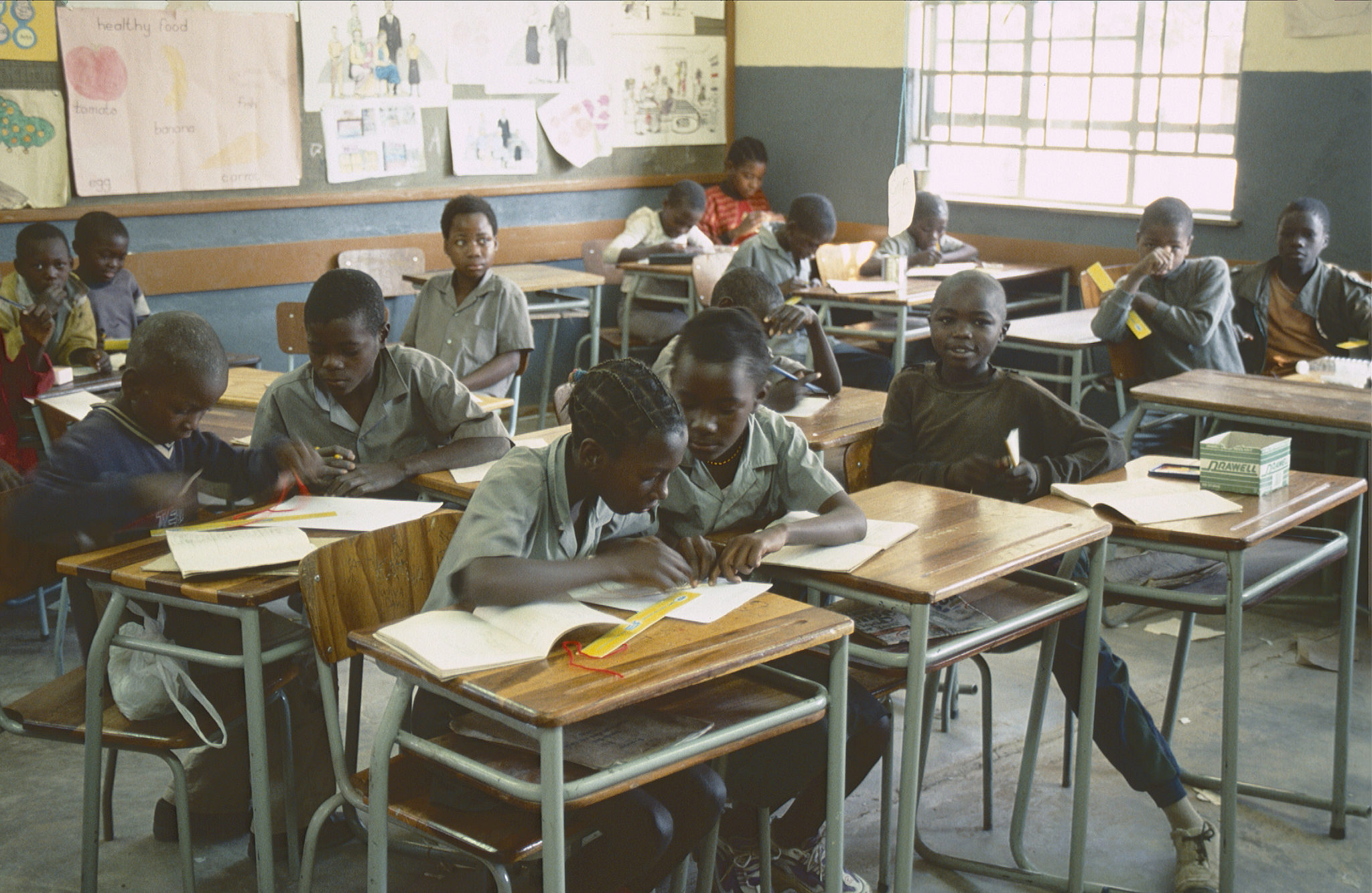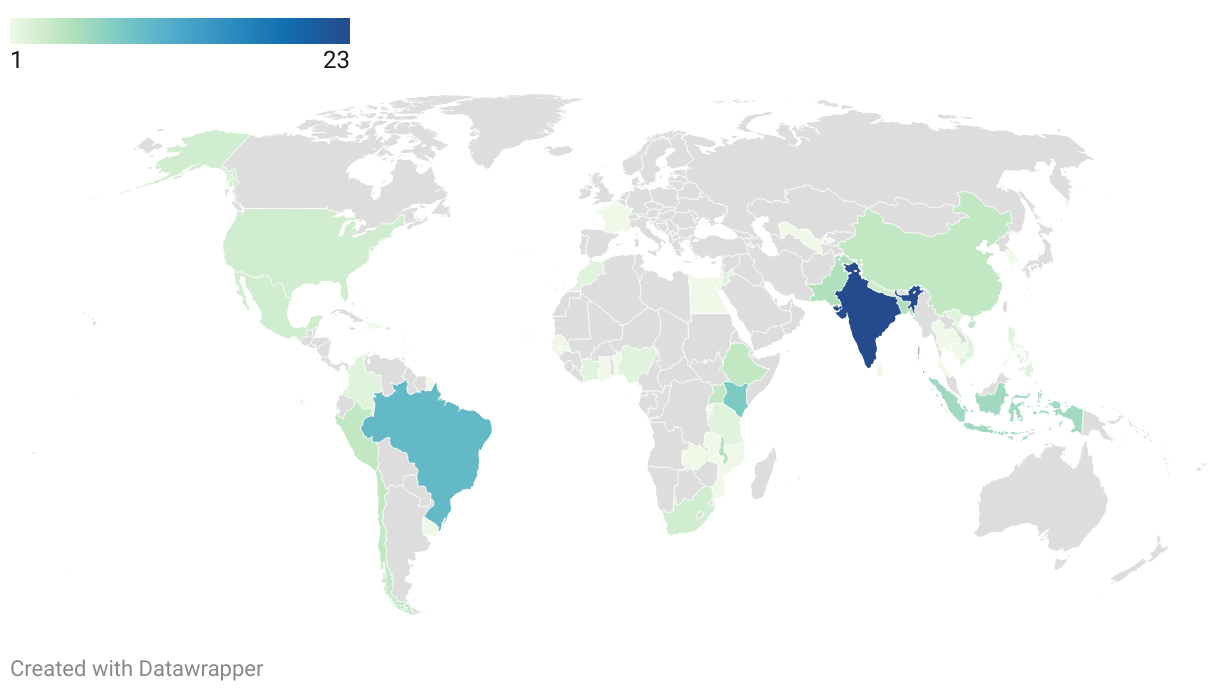It’s not often that the United Nations sees fit to officially declare a food crisis a famine. That’s a testament to the severity of the ongoing suffering in Somalia, a disaster of biblical proportions that has already claimed the lives of tens of thousands. But evidence abounds that famines are not only the result of natural occurrences. On the contrary, most are the shocking result of human error or, in the worst case, deliberate neglect.
This was the message Owen Barder drove home to me in this week’s Wonkcast. Owen acquired an intimate understanding of the realities of food scarcity when he traveled to Ethiopia during the food crisis of 1984-85, and more recently while spending three years in the capital, Addis Ababa. To him, governance and information are central components of food emergencies.
“Amartya Sen wrote that there has never been a substantial famine in a country with a relatively free press,” says Owen. “Information is a really important part in averting famines, and the way the government works is an important determinant of whether there is an adequate response to the information that comes out of early warning systems.”
To Owen, the similarities between food shortages in Ethiopia in 1984-85 and today are telling. In both cases, poor governance heightened the crisis into famine. While climate change and drought are undoubtedly the long term drivers, in Somalia this time Al-Shabab’s blockade of aid is at the heart of this catastrophe.
“When you have a functioning government that is working with donors and you have a safety net in place, you don’t get the kind of crisis you’re seeing in Somalia,” says Owen. “In Somalia there is a complete break down and the consequences are dire.”
But Owen remains hopeful that the international response can reduce suffering and save lives, and he believes that understanding how famines are caused equips the international community to address future crises more effectively.
“Enormous credit needs to be paid to USAID and other aid agencies who put in place [famine early warning systems] so the world could respond properly,” says Owen “That combination of making information available and working with responsive governments could mean that we could put an end to famine.”
Nevertheless, there is still much to be done—and this is one instance where private giving can indeed make a difference—not only because of the money itself but because an outpouring of private giving puts politicians on notice that the public cares and wants to see effective action to end the crisis. Owen ends with an earnest appeal for help.
“This really is a case where every dollar we contribute goes towards saving somebody’s life,” says Owen, “and thousands of people are dying every day. This is something we can actually do something about.”
Listen to the Wonkcast to learn about opportunities to give to the aid effort in the Horn of Africa or go to InterAction for a list of agencies accepting donations. If you have iTunes, you can subscribe to get new episodes delivered straight to your computer every week. My thanks to Will McKitterick for his production assistance on the Wonkcast recording and for assistance in drafting this blog post.
More Reading





